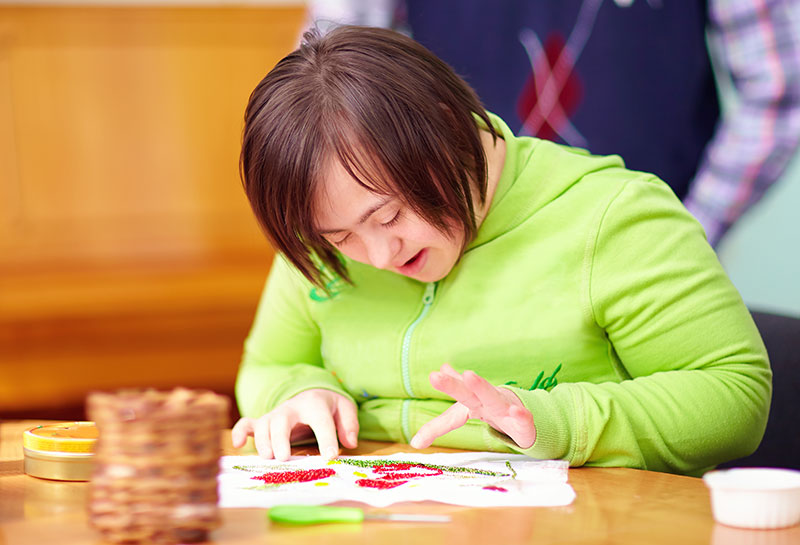What is guardianship?

A guardianship provides rights to a “guardian” (who takes care of an incompetent adult, or “ward”) similar to the rights a parent has in taking care of a minor child. An adult without the mental capacity to take care of himself (or herself) personally, or who is unable to take care of his own business or legal affairs, may need a guardian to assist and protect him. Mental incompetency or incapacity may occur related to a disability such as cerebral palsy or autism present at birth, or which develops early in life, or which may occur late in life from Alzheimer’s or another dementia, or from a stroke or automobile accident.
North Carolina recognizes three types of guardians:
- Guardian of the Estate: A guardian appointed solely for the purpose of managing the property, estate, and business affairs of a ward.
- Guardian of the Person: A guardian appointed solely for the purpose of performing duties relating to the care, custody, and control of a ward. The guardian of the person does not handle any of the ward’s money or property.
- General Guardian: A guardian of both the estate and the person.
The Clerk of Superior Court for each North Carolina county acts as the “judge” for guardianship proceedings. Applications for guardianship are made to the Clerk of Superior Court’s office. A Guardian ad litem may be appointed by the Clerk to protect the legal rights of the guardianship applicant during the proceedings. One or more hearings before the Clerk are normally required.
As part of the estate planning process, the parents of a mentally incapacitated adult may need to establish adult guardianship in order to assure their choice of future adult replacement guardians for their child, in case something happens to them.
If Health Care Power of Attorney and Durable (financial) Power of Attorney documents were signed before an adult became mentally incapacitated, these documents may be relied on by an incapacitated person’s agents so that establishment of guardianship may not be needed. Because each guardianship case is different, please consult us for assistance.
For more details on adult guardianship, please click on the following link: HOW ADULT GUARDIANSHIP WORKS IN NORTH CAROLINA
